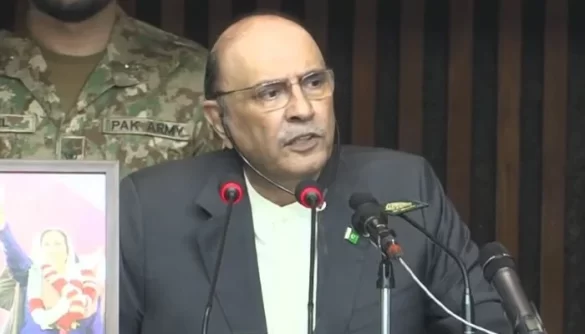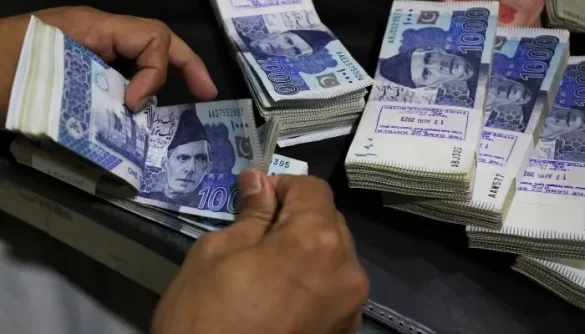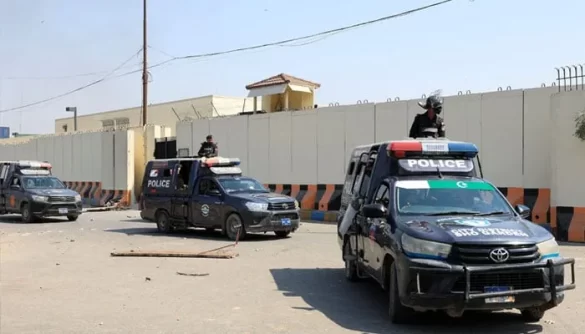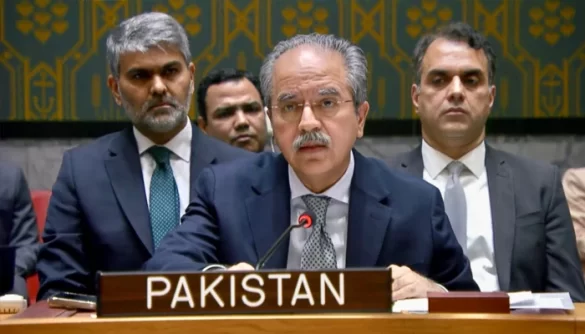Unusual Incident in Okara
In the city of Okara, Punjab, a local man has come under legal scrutiny for playing a song by the famous Pakistani singer Naseebo Lal at high volume in his rickshaw. Authorities registered a case against him under the Punjab Sound System Act, citing public disturbance and misuse of a sound system in a public space.
According to police officials, the incident occurred when the man was driving his rickshaw while playing the song loudly, attracting complaints from bystanders. The police said that the case has now been formally lodged, and further legal proceedings are underway.
Police Statement on Public Order
A spokesperson for the Punjab Police emphasized that the law applies to all citizens equally, regardless of intent. No one will be allowed to violate the law, even if it is for recreational purposes, the spokesperson said.
The official added that the Sound System Act is specifically designed to prevent public noise pollution and maintain order in crowded spaces. Violations of this law will not be tolerated, they stressed.
The Punjab Sound System Act, enacted to control excessive noise in public areas, imposes fines and potential legal action on individuals who disrupt public peace. Such regulations are particularly important in urban areas, where traffic congestion and dense populations make noise management a public safety concern.
Public Reactions and Social Media Debate
The incident has triggered mixed reactions on social media and among local residents. Some see the police action as a strict but necessary enforcement of public order. They argue that loud music in public places can cause discomfort, stress, and even safety hazards.
Others, however, view the case as an overreach that infringes on personal freedom and cultural expression. Music has long been an integral part of daily life in Pakistan, especially in public transport like rickshaws and buses. Critics of the action argue that targeting a popular folk singer’s music could discourage creative expression.
Context: Noise Pollution in Pakistan
Noise pollution has been a growing concern in Pakistani cities. According to a 2022 report by the Pakistan Environmental Protection Agency, urban noise levels in major cities often exceed safe limits, particularly due to vehicle horns, public events, and loudspeakers. The Punjab Sound System Act aims to address this by limiting the volume of music in public spaces and ensuring that citizens’ peace is not disturbed.
Authorities have, in recent years, repeatedly urged the public to comply with these regulations. Public service campaigns warn that violations can lead to fines, legal proceedings, and, in some cases, temporary seizure of audio equipment.
Legal and Social Implications
This case serves as a reminder of the legal responsibilities tied to using sound systems in public. While playing music may seem harmless, repeated violations can result in serious consequences under the law. Legal experts suggest that this incident highlights the tension between enforcing public order and respecting individual freedoms—a debate that is increasingly relevant in modern urban Pakistan.
For now, the Okara man faces a pending legal process, and the outcome could influence how strictly authorities enforce similar cases in the future. Meanwhile, the public continues to discuss the balance between cultural enjoyment and civic responsibility.
Takeaway
The Okara case underscores that citizens must adhere to noise regulations in public spaces. Loud music, even when intended for entertainment, is not exempt from the law. As Pakistan continues to urbanize, enforcing such rules will remain a critical tool for maintaining public peace while prompting ongoing debates about personal freedom and expression.















